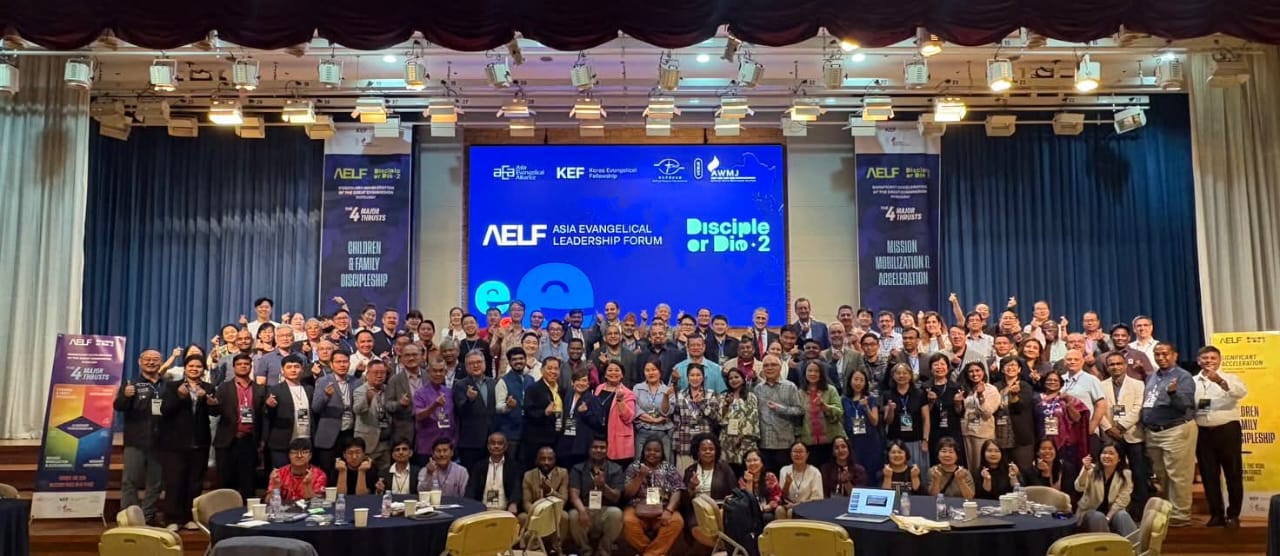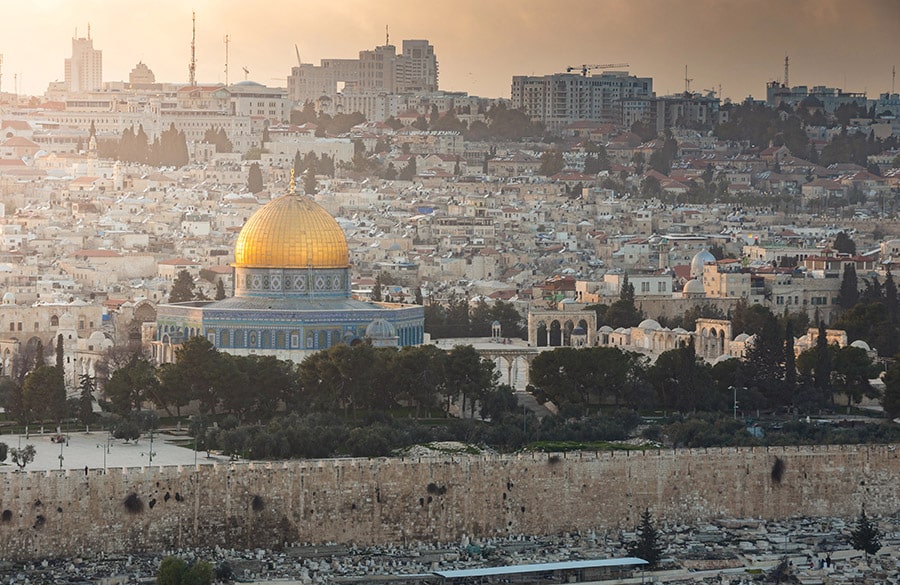Malaysian Prime Minister Najib Razak’s conservative Barisan Nasional coalition was declared the winner in the nation’s 13th general election last month. But the victory margin was so thin, and allegations of election fraud so loud, that there is no sigh of relief yet for Najib, whose party used divisive issues during the campaigning period and is now likely to further deepen the country’s religious and ethnic divide in an attempt to gain legitimacy.
Najib’s coalition, whose campaign included banners against churches, managed to win – with 133 of the 222 parliamentary seats – but it was the worst-ever election performance of the party that has governed Malaysia since its independence from Britain in 1957.
Opposition leader Anwar Ibrahim, from a three-party alliance called Pakatan Rakyat that had pledged equality for minorities and an end to discrimination in the nation where Malay Muslims account for 60 percent of the 29 million people, won more votes overall – but trailed Najib’s party in the number of parliamentary seats.
Najib’s coalition had a poor showing even though it used pro-government mainstream news media to attack Anwar and promote itself. It is also widely believed that Najib’s party was responsible for widespread election fraud.
After the election results were announced, Najib had to urge the people of his country to accept his victory, admitting that the nation had witnessed polarization. “One of the programmes we will undertake is national reconciliation… I think we realize that there are a lot of things we have to do as a party,” he was quoted by the media as saying.
In his admission, Najib was mainly referring to the country’s ethnic Chinese population that voted against his coalition due to the government’s affirmative action policies for ethnic Malays, but the South-East Asian nation is also considerably divided along religious lines – and his party sought to further divide Muslims and Christians, who account for about 9 percent of the population.
Christians complained about billboards carrying pictures churches that were put up during the election campaign by Najib’s coalition and which asked the people in the Malay language: “Do we want to see our children and grandchildren pray in this Allah’s house? If we allow the use of the word Allah in churches, we sell our religion, race and nation….Vote Barisan Nasional because they can protect your religion, race and nation.”
What’s known as the “Allah issue” in Malaysia is extremely divisive, as it led to the torching of a church and several incidents of vandalism across the country in 2009 after the High Court ruled that a Catholic weekly, The Herald, was allowed to use the word “Allah” to refer to God. The court said the Arabic word was not exclusive to Islam.
The court ruling overturned the interior ministry’s ban on the use of the word “Allah.” The ministry had imposed the ban a year earlier, claiming it could cause confusion among Muslims. It also threatened to revoke the license of The Herald if it continued to use “Allah” in its Malay language edition – although the first Malay Bible also used the word about four centuries ago. The ministry ordered that all Bibles be marked with a “For Christian use only” stamp.
The government was quick to appeal the High Court verdict, as was expected. However, while little happened in the case for the last more than three years, the matter was rushed to the court days after Najib’s election victory last month. On May 23, seven Islamic groups were allowed to become parties in the appeal. It is being suspected that the government could be working to bring the issue back in the public discourse.
Even ethnic minorities have not taken Najib’s promise of national reconciliation seriously given that he used the term “Chinese tsunami,” referring to the ethnic Chinese voters who voted for his opponent – he used the provocative term while promising reconciliation.
The nation’s economy has suffered under Najib’s governance and there is widespread resentment against him. It was perhaps this realization that led him to use divisive issues in the election.
Even Najib’s re-election with a razor-sharp margin is not being seen as legitimate given the allegations of election fraud. The governing coalition could, therefore, be expected to seek legitimacy by portraying itself as working to protect the interests of Malay Muslim and by further pitting them against ethnic Chinese and Christian minorities.
As it is, Malaysia has had nota good record in the area of religious freedom. The country’s constitution allows both federal and state governments to “control or restrict the propagation of any religious doctrine or belief among persons professing the religion of Islam.” It presumes all ethnic Malays as Muslim, and Muslims are generally not allowed to convert to another religion.
Malaysia’s national identity cards system is also discriminatory. The cards identify the religion of Muslims on its surface, while the affiliation of religious minorities is only encrypted in the card’s smart chip. Besides, many Christians have complained of being wrongly identified as Muslims in their identity cards.
Malaysia is described in the mainstream media as a moderate Muslim country, but recent developments can promote radicalization in the country. While this nation cooperates with Western nations, particularly the United States, in security issues, the curbs on civil rights and discrimination in government policies need to be addressed by the international community.
In its 2013 report on Malaysia, the Human Rights Watch noted that Washington has not strongly pressed the country over its failure to honor international human rights standards. The U.S. has allowed concern for security cooperation to trump speaking out about human rights, it added.
This oversight must change, and rights issues addressed.
World Evangelical Alliance (WEA) Religious Liberty Commission (RLC) sponsors this WEA-RLC Research & Analysis Report to help individuals and groups pray for and act on religious liberty issues around the world. WEA has a consultative status with the UN Economic and Social Council.
This report was researched and written by Fernando Perez, and moderated by the WEA-RLC Executive Director, Godfrey Yogarajah. It can be used for distribution or publication with attribution to WEA-RLC.




Stay Connected